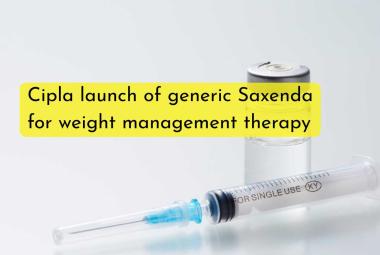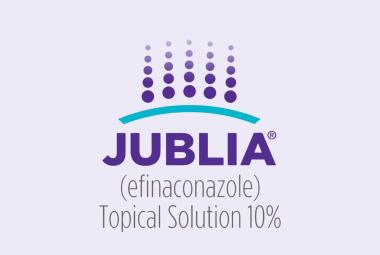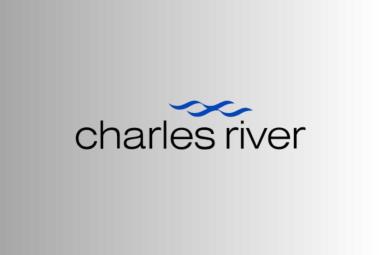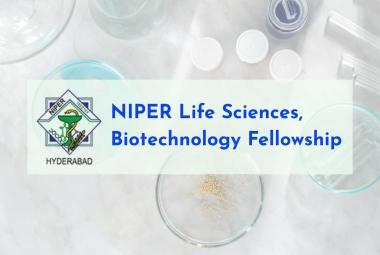EpiCept Corporation announced that the National Cancer Institute (NCI) has initiated a phase II trial with Crolibulin (EPC2407). The trial will assess the drug's efficacy and safety in combination with cisplatin in patients with Anaplastic Thyroid Cancer (ATC). Crolibulin is a vascular disruption and apoptosis inducing agent that has demonstrated potent anti-tumour activity in both preclinical and early clinical studies.
"We are encouraged that the NCI has recognized the potential value of Crolibulin and initiated a trial in this very deadly disease," stated Jack Talley, EpiCept president and CEO. "A successful trial in this indication has the potential to significantly impact the lives of these patients and further validate EpiCept's drug discovery platform."
[adsense:336x280:8701650588]
The phase II trial consists of two stages. The primary objective of the first stage is to assess the safety and tolerability of cisplatin and Crolibulin given in 21-day treatment cycles. The study will assess the toxicities of Crolibulin co-administered with cisplatin, evaluate Dose-Limiting Toxicities (DLTs) and determine the Maximum Tolerated Dose (MTD) for the combination. The primary objective in the second stage of the trial will be to compare the combination of Crolibulin and cisplatin against cisplatin alone in adult ATC patients by assessing the duration of Progression-Free Survival (PFS). An important secondary objective is the comparison of the response rates evaluated by RECIST (Response Evaluation Criteria in Solid Tumours). Up to 70 patients are planned to be enrolled in the trial.
The NCI is assessing Crolibulin based upon its early clinical data and activity observed in resistant solid tumours. Crolibulin's dual mechanism of action through its vascular disruptive and direct apoptotic activity may have an impact on the treatment of this disease. ATC is an extremely aggressive cancer that has a median survival of four to five months from the time of diagnosis. Few patients survive more than one year. Treatment for most patients is generally palliative, indicating a profound unmet medical need.
EpiCept is focused on the development and commercialization of pharmaceutical products for the treatment of cancer and pain. The Company's lead product is Ceplene, approved in the EU for the remission maintenance and prevention of relapse in adult patients with Acute Myeloid Leukaemia (AML) in first remission. In the US, a pivotal trial is scheduled to commence in 2011. In a randomized clinical trial, Ceplene has shown a trend to extend life in AML patients treated with high intensity chemotherapy by more than three years. In addition to Crolibulin, EpiCept's clinical pipeline includes Azixa, under development by Myrexis for various forms of brain cancer, and EpiCept NP-1, a topical cream for the treatment of various neuropathies. Results from a double-blind, placebo-controlled phase II b trial of NP-1 in chemotherapy-induced peripheral neuropathy are expected to become available in the next few weeks.
Crolibulin is a novel small molecule vascular disruption agent and apoptosis inducer for the treatment of patients with advanced solid tumours. Crolibulin has shown promising vascular targeting activity with potent anti-tumour activity in preclinical in vitro and in vivo studies. The molecule has been shown to induce tumour cell apoptosis and selectively inhibit growth of proliferating cell lines, including multi-drug resistant cell lines. Murine models of human tumour xenografts demonstrated Crolibulin inhibits growth of established tumours of a number of different cancer types.














